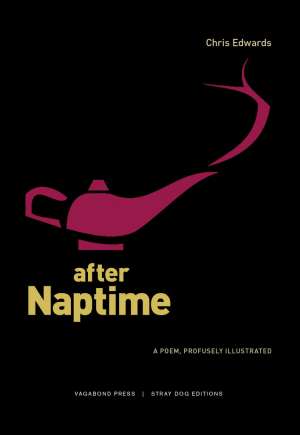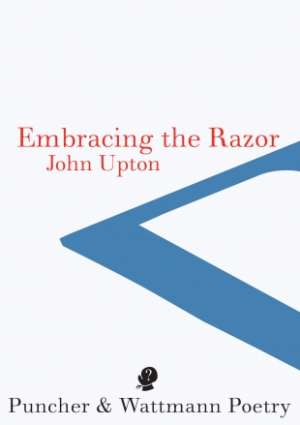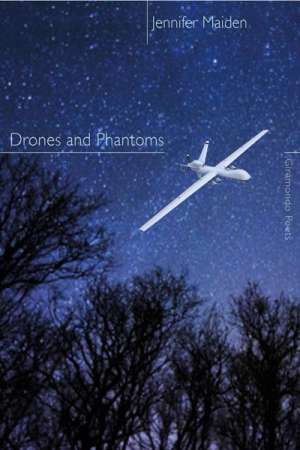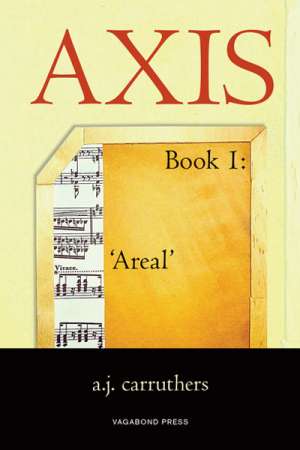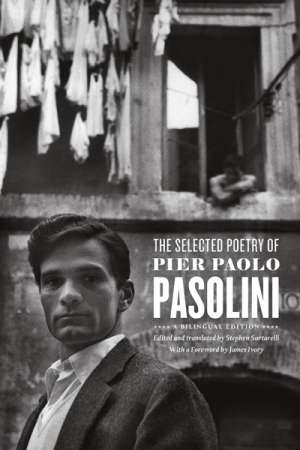Poetry
Paul Hetherington reviews 'Towards the Equator' by Alex Skovron
Alex Skovron’s impressive volume of new and selected poems, Towards the Equator, drawn from all of his published work to date, shows him to be a writer of recurrent and abiding preoccupations. He cares passionately and sometimes rather fastidiously about culture (particularly European culture), and continually worries about words, books, and their import. H ...
As popular culture has long understood (hello Priscilla, hello Muriel), there is something queer about Australia. Michael Farrell’s latest collection of poems, Cocky’s Joy, rewrites Australia as a site of almost-inherent queerness. ‘Cocky’ is antipodean slang for a farmer, but the term’s evocation here is surely a camp subversion of traditional, mas ...
Jacinta Le Plastrier reviews 'The Weekly Poem' edited by Jordie Albiston
Discussing the genesis of a poem, W.H. Auden told Paris Review that at any given time he had two things on his mind: ‘a theme that interests me and a problem of verbal form, meter, diction, etc. The theme looks for the right form; the form looks for the right theme. When the two come together, I am able to start writing.’ Australian poet Jordie Albiston ...
My first reaction on picking up Les Murray’s new collection, Waiting for the Past, was to note how handsomely produced it is ...
... (read more)Chris Edwards is an enigmatic presence in Australian poetry. Part of a generation of poets who came of age in the 1970s, he co-edited the short-lived Beyond Poetry (1974–76) but then abandoned publication for many years. With the onset of a new millennium, he unexpectedly re-emerged, publishing a series of chapbooks that culminated in his first full-length ...
Writers who move in mid-career from one literary genre to another often encounter resistance. Some turfs are well guarded. They can also misapprehend the new form they are planning to join. John Upton, who for almost thirty years has been a successful playwright and screenwriter, has made the difficult move seamlessly in this first collection of poems.
...Jennifer Maiden’s eighteenth book of poetry bears yet another title punning on war (remember Tactics, The Problem of Evil, The Occupying Forces, The Border Loss, Acoustic Shadow, Friendly Fire). Her umbrella themes – politics, power, evil, the public and private selves, war, and the role of art – are back. The title is ...
With Axis, his first full-length publication, a.j. carruthers explicitly aligns himself with the lineage of the long poem. It is a bold move, if we consider that the major exponents of the form, from Ezra Pound to Anne Waldman, had invariably produced significant bodies of work prior to embarking on their poetic marathons. But ambition is fundamental to the long poem, and Axis, comprising thirty-one extended sequences and billed as ‘Book the first’, certainly outstrips Pound’s inaugural efforts – a mere sixteen Cantos issued in 1925 – by a country mile.
... (read more)It is tempting to say that when Mark Strand died last November American poetry lost one of its most distinctive voices. But it isn’t quite true. First, Strand had already retired from poetry several years earlier (before Philip Roth and Alice Munro caused a stir by doing so from fiction). Strand returned to his first career as an artist (a very talented one, according to his teachers at Yale’s Art and Architecture School), constructing a series of collages that were shown in galleries in New York. Second, Strand’s voice is of course very much present in the poems he leaves behind, collected in this handsome edition, which came out a month before he died. Though it is a voice of loss, it is not lost to us.
... (read more)Annamaria Pagliaro reviews 'The Selected Poetry of Pier Paolo Pasolini' edited and translated by Stephen Sartarelli
‘The singularity and importance of [Pier Paolo Pasolini’s] artistry lies largely in the protean, multimedial quality of his vision,’ Stephen Sartarelli rightly reminds us in this bilingual edition of Pasolini’s poetry. Nonetheless, to an Anglophone world Pasolini (1922–75) is best known as the rebellious and audacious director of such films as The Gospe ...





